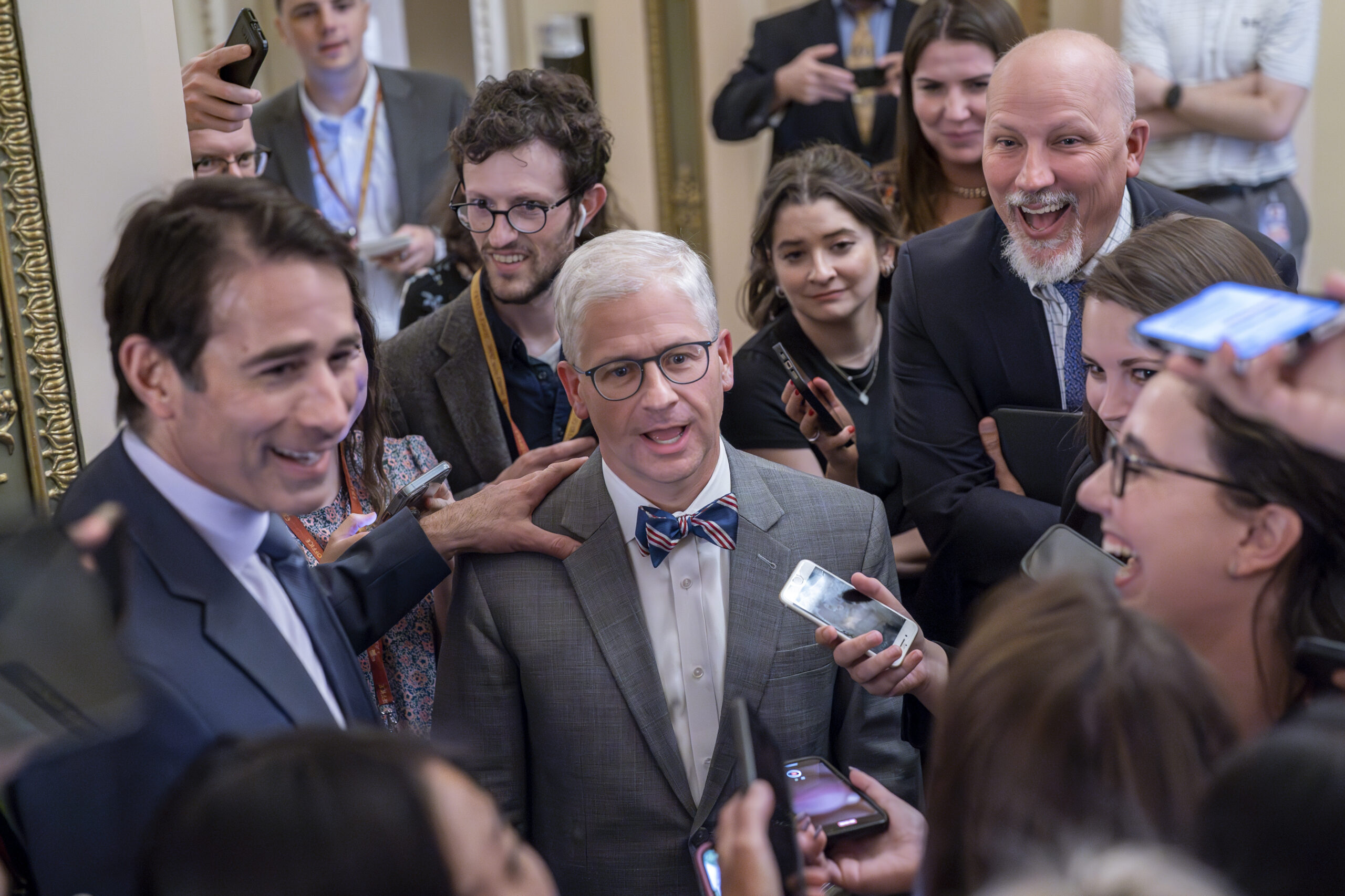After the details of what was included in the compromise to the debt deal that Kevin McCarthy reached with Joe Biden, many Republicans are saying they might vote “no” even with the ramifications it would bring.
House Speaker Kevin McCarthy was feeling giddy and boasting that 95% of his fellow Republicans in Congress supported the deal, but he apparently had not skimmed Twitter to see how some colleagues really felt.
Put Ralph Norman of South Carolina in the 5% not loving the deal. He called it “insanity.” Here’s what else he shared in a tweet; “A $4T debt ceiling increase with virtually no cuts is not what we agreed to. Not gonna vote to bankrupt our country. The American people deserve better.”
Bob Good, a fellow House member from Virginia, was not vague on his feelings for the deal McCarthy cut. “IF that is true, I don’t need to hear anything else. No one claiming to be a conservative could justify a YES vote.”
Okay.
If McCarthy has thin skin, he’s best off not reading what Ken Buck of Colorado thought of the deal he cut. “I listened to Speaker McCarthy earlier tonight outline the deal with President Biden and I am appalled by the debt ceiling surrender. The bottom line is that the U.S. will have $35 trillion of debt in January, 2025. That is completely unacceptable.”
It wasn’t just Republican members of Congress who hated the deal. Senator Lindsey Graham of South Carolina warned that if this budget were adopted it would be a “joke.” And not a funny one. “I want to raise the debt ceiling, it would be irresponsible not to do it,” Graham told Fox News Sunday. “I want to control spending, I’d like to have a smaller IRS, I’d like to clawback the unused COVID money. And I know you can’t get to perfect, but what I will not do is adopt the Biden defense budget and call it a success.”
Graham added that the real winner if this budget is passed would be China and Russia because of the cutbacks in defense spending. “We should raise the debt ceiling, but we should not cripple the military’s ability to defend the nation as a trade off, spending below inflation is not fully funding the military.”


















Add comment